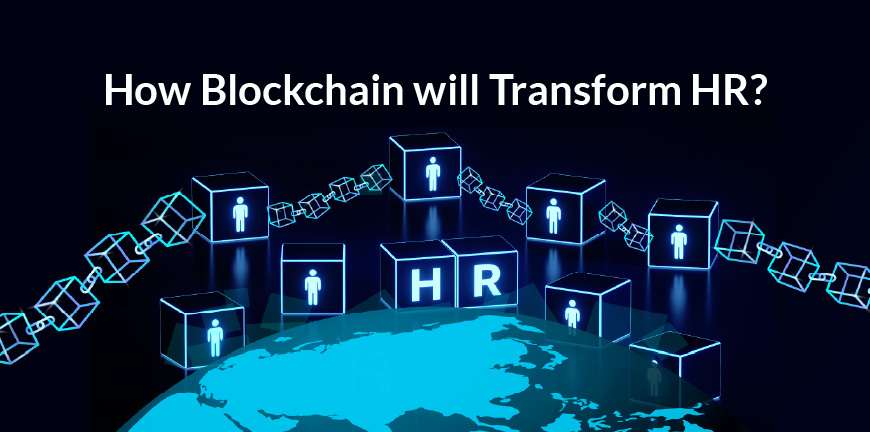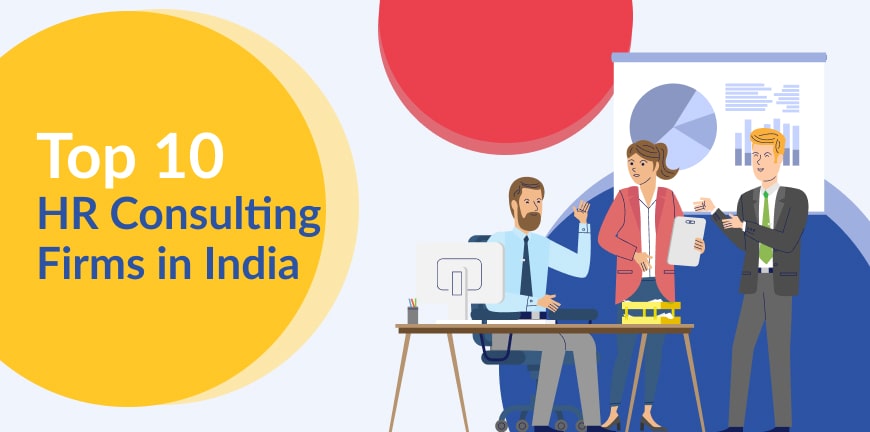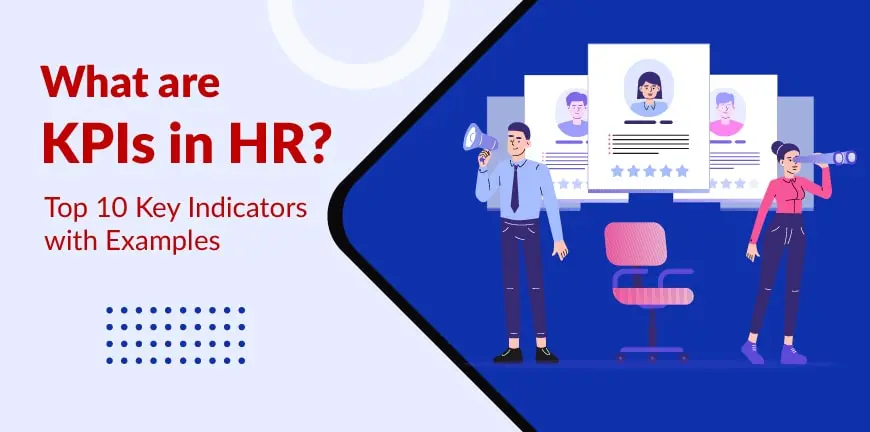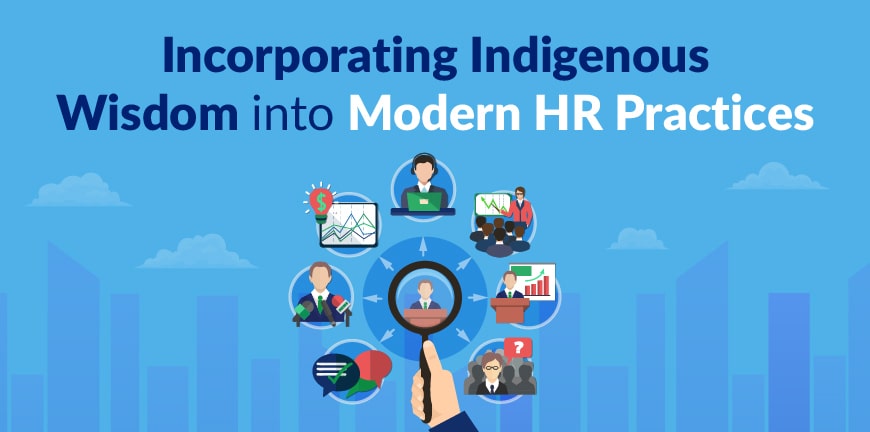
Factory Compliance Checklist under 1948 Act
23/06/2023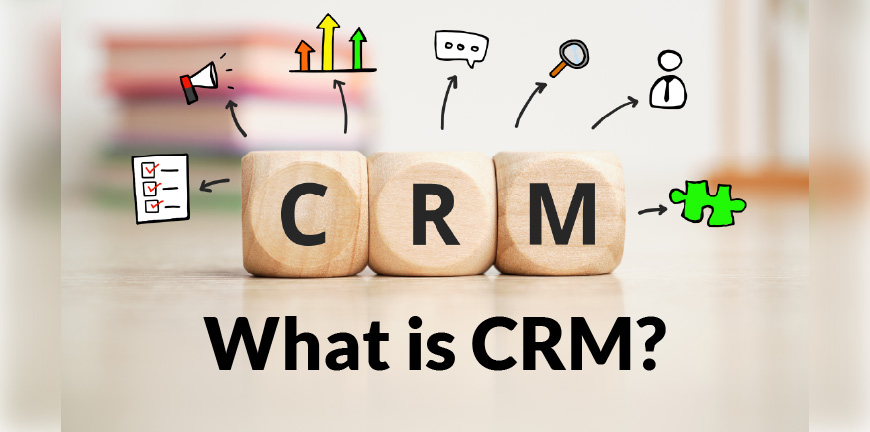
What is CRM? Definition, Types and Benefits
27/06/2023Blockchain has brought new respect for authenticity and originality in the digital world, enabled a new currency, impacted how digital signatures work, and is now looking to impact HR. That’s right. HR will be impacted by blockchain too. Though this is still a bit forward looking right now, blockchain is showing enough promise to completely revolutionize how HR works, in the context of communicating with employees, dispensing salary and accepting and reviewing resignation letters and so much more.
What Exactly is Blockchain?
Before we teach a man how to fish with a fishing rod, it is necessary to introduce the fishing rod first, especially when the fishing rod is a much evolved one, one that works in a way that is very new. A blockchain is a distributed and decentralized ledger spread across a P2P network across the world, which records transactions that cannot be altered in any way without also altering subsequent blocks and the consensus on the network. A consensus method helps keep the nodes or members in a blockchain network synchronized without the need for a central authority. Let us now look at this more closely.
In a blockchain, every transaction is recorded on a block, and how this record happens and in what order is decided by a consensus system. In the case of cryptocurrency, proof of work, a mechanism for consensus, which we know simply as ‘mining’ is a way to gain control of a block in the blockchain and to record a transaction in cryptocurrency. In the process of mining, a mathematical calculation is carried out, which expends energy, and is not exactly green. People are now looking at alternative consensus systems such as proof of stake and delegated proof of stake to overcome the issues associated with proof of work in bitcoin.
The Need for Blockchain in HR
An employee Amulya walks in for her first role as a Digital Marketer. She is very familiar with SEO from two years of past experience. She also has around 3 years of experience in content marketing from her first job, but the company shut down a year ago. She is applying for a role that requires 4 years of marketing experience.
But there’s a problem. She has no reference letter from her first company, and now there is no way to prove that she actually worked there apart from providing direct references or getting a reference letter from them if possible. Amulya is not alone in her journey. There are several people like her who find themselves at the crossroads in their career journey, for various reasons.
Sam is an IT administrator in an ERP solutions company and has close to 3 years of experience in the organization to add to the rich 10 years of IT administration experience. But his company is not ready to accept his resignation or credit his last paycheck even after he has served the notice period and completed all formalities that he had agreed to complete.
Sam is now approaching the court and getting the issue resolved legally. But there’s another issue he cannot address easily. There is no record of the work he has done and whether he has been paid or not. Yes, bank statements work, but that is not a convenient option. We may have felt like Sam too in one of the companies we worked for in the past.
These experiences are especially the case where HR consultancy companies do not exist to provide their expert opinion or to facilitate HR processes. Blockchain can give such employees a much-needed reprieve and set their career paths right and give them hope for the future. It also keeps companies in check and ensures that employees get the pay and the comforts they deserve. Is this not the HR manager’s and every employee’s dream come true?
Blockchain in HR
According to this paper, blockchain in HR will utilize a DPOS (delegated proof of stake) consensus system. This will be based on voting and will ensure that every information that is added to the blockchain is digitally signed by the appropriate authorities and can be verified at a later time. Let us now look at how this solves Amulya’s and Sam’s problem.
How it solves Amulya’s problem
Amulya’s company doesn’t exist anymore, and no one can give her a direct reference. If Amulya was working for a company when HR was supported by blockchain, she would get a letter of experience, which would be digitally signed in the blockchain and record that she had worked there for 3 years and was paid all her dues. Amulya is happy and her former company does not need to go through the pains of reissuing her a letter of experience. It’s a win-win situation for everyone.
How it solves Sam’s problem
Sam has completed all the exit formalities and yet the company refuses to pay him. In such a case, a blockchain enabled work process can detect that he has completed all the tasks that were assigned to him, that he must be paid a definite amount for those works, and whether the payment in bitcoin has occurred or not. Sam now has the legal backing of a very powerful technology in his fight against the company, and most importantly, it may not get to the court and will be settled much before because the company will be aware of how it stands to lose as well.
The other 101 problems it can solve
Though we took two specific cases here, it can impact the workspace in a greater number of ways than can be envisioned in the space of just this one article. It can save much needed time, energy and lots of paperwork and unnecessary vigilance or monitoring. It can save the time of the HR personnel and reduce any possible confusion. Some other ways it can help are:
- Virtual credentials, which includes work histories, resumes, degree certificates etc. that can be traced back to a unique candidate.
- Employee data, including personal details of employees and pay scale etc. can be maintained on a blockchain for immutability and security.
- Smart contracts allow the transformation of paper contracts into trustworthy digital contracts which can be accessed from anywhere at any time by the right people.
And so many more… The world is yet to see the full potential of blockchain unleashed and as more processes across industries embrace blockchain, more use cases will become apparent in each and will transform them forever.
Challenges Posed to HR in Blockchain and How to Overcome them
It is not all rosy yet for the blockchain journey in HR and there are two concerns that stand out prominently, that of data and security risks. Let us now look at each one of them.
Employees do not want to store their information on a distributed ledger yet
Employees may be apprehensive about storing their information on a distributed ledger, though it allows for greater transparency with the recruiting authority. There is a workaround for this. They can simply store a hash value (a representation of the data in alphanumeric form which each set of data having a unique hash value in the same number of letters) in the blockchain which links to an external site. Once the need is served, they can delete the hash value from the blockchain.
The second workaround would be to use smart contracts (self-executing digital contracts with agreements from both parties written in code). These will be automatically triggered on the occurrence of an event, such as a signature from both parties and will be revoked automatically after a set duration or on a set action by one of the parties.
The potential for malware, phishing and other risks to security of blockchain
A blockchain can be attacked at its endpoints through phishing for private keys or other malware. There can be a risk introduced by quantum computing too, which can render the current encryptions meaningless and prone to hacks.
To tide over these problems, there must be governance systems in place, regulations on what data can be shared, and disaster recovery plans to ensure that the data can be restored after an attack. Future advancements in Identity access management and other security implementations from top technology companies would hopefully help us get over the security concerns in blockchain, as if it were a bad dream.
Closing words – ‘Dare to Dream’ with Blockchain
Blockchain gives us the right to build an equitable and fair world where transactions happen fairly and get verified by a decentralized source. No single organization or group of few organizations control or impose guidelines on how these transactions should happen. ‘The truth is out there’ distributed on several computers across the blockchain, reducing the risk of it getting tampered with or abused for personal gain. It’s the future of everything that will transpire before our eyes, and we must dare to dream with blockchain, especially if we are in HR.

